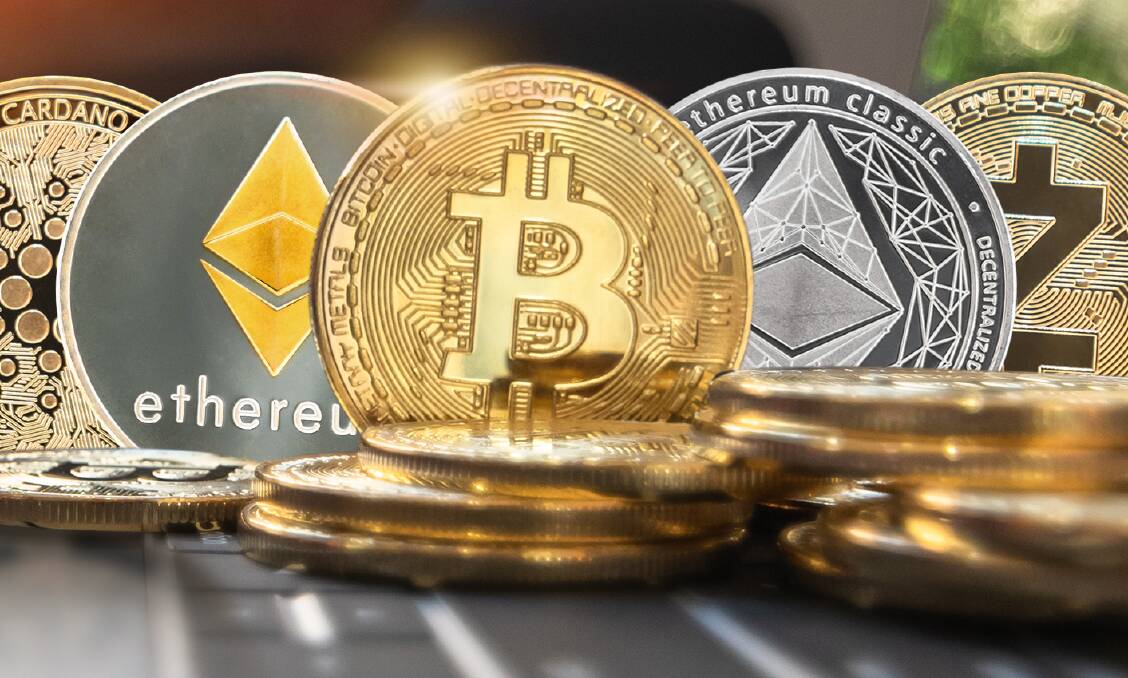The history of Bitcoin

This is branded content.
Bitcoin, the pioneering cryptocurrency, has a fascinating history that has shaped the landscape of digital finance. Introduced in 2009, Bitcoin was the brainchild of an anonymous entity or group known as Satoshi Nakamoto. The bitcoin price has fluctuated over the years, but let's take a journey through the key milestones in the history of Bitcoin.
The Genesis Block (2009)
The birth of Bitcoin can be traced back to January 3, 2009, with the mining of the first block, known as the "Genesis Block" or Block 0. The embedded message in the coinbase parameter of this block read: "The Times 03/Jan/2009 Chancellor on brink of second bailout for banks." This phrase is often seen as a commentary on the flaws of the traditional financial system.
Early adoption and Silk Road (2011)
In the early years, Bitcoin gained traction among tech enthusiasts and libertarians. However, it also faced challenges as it became associated with illegal activities on platforms like Silk Road, an online marketplace for illicit goods and services. This led to increased scrutiny and regulatory concerns.
Price volatility and Mt. Gox (2013)
Bitcoin's price experienced significant volatility in its early years. The largest Bitcoin exchange at the time, Mt. Gox, faced security breaches and ultimately filed for bankruptcy in 2014. This event highlighted the need for improved security measures within the cryptocurrency ecosystem.
Rise of Altcoins and ICOs (2013-2017):
During this period, alternative cryptocurrencies (altcoins) emerged, offering different features and use cases. Additionally, the concept of Initial Coin Offerings (ICOs) gained popularity, allowing startups to raise funds by issuing their own tokens. These developments expanded the cryptocurrency ecosystem but also raised concerns about scams and fraudulent activities.
Bitcoin's bull run and mainstream recognition (2017)
In 2017, Bitcoin experienced a remarkable surge in price, reaching an all-time high of nearly $20,000. This bull run brought Bitcoin into the mainstream spotlight, attracting institutional interest and media coverage. However, it was followed by a significant correction in 2018.
Bitcoin's maturation and institutional adoption (2020s)
In recent years, Bitcoin has undergone a maturation process. Institutional investors, including major companies and financial institutions, have started to view Bitcoin as a legitimate asset class. This newfound acceptance has contributed to Bitcoin's growing popularity as a digital store of value.
The future of Bitcoin
As we look ahead, Bitcoin's journey continues to evolve. The cryptocurrency remains a subject of debate and speculation, with discussions about its potential as a global reserve currency and its role in reshaping the traditional financial system.
In conclusion, the history of Bitcoin is a tale of innovation, challenges, and resilience. From its humble beginnings to its current status as a digital asset with global recognition, Bitcoin's journey reflects the dynamic nature of the cryptocurrency space. As technology and regulations advance, the future of Bitcoin holds the promise of further integration into mainstream finance and continued impact on the world of digital assets.
Disclaimer: This information is of a general nature only and should not be regarded as specific to any particular situation. This should not be taken as financial advice to buy, trade, or sell cryptocurrency or use any specific exchange. This is not intended for use as investment, financial or legal advice as each individual's need will vary.
Binance Australia is not affiliated, associated, endorsed by, or in any way officially connected with any individual or organisations mentioned in the article. Binance Australia is not liable for any loss caused, whether due to negligence or otherwise arising from the use of, or reliance on, the information provided directly or indirectly by use of this newsletter and expressly disclaims any and all liability for any loss or damage you may suffer.


